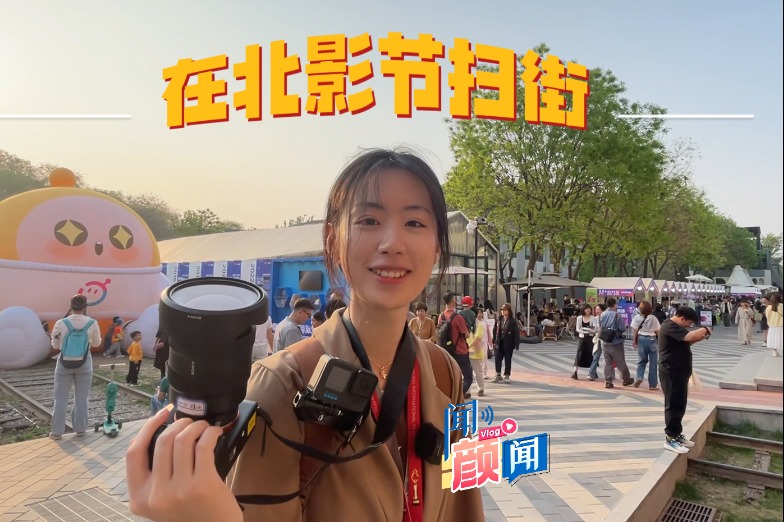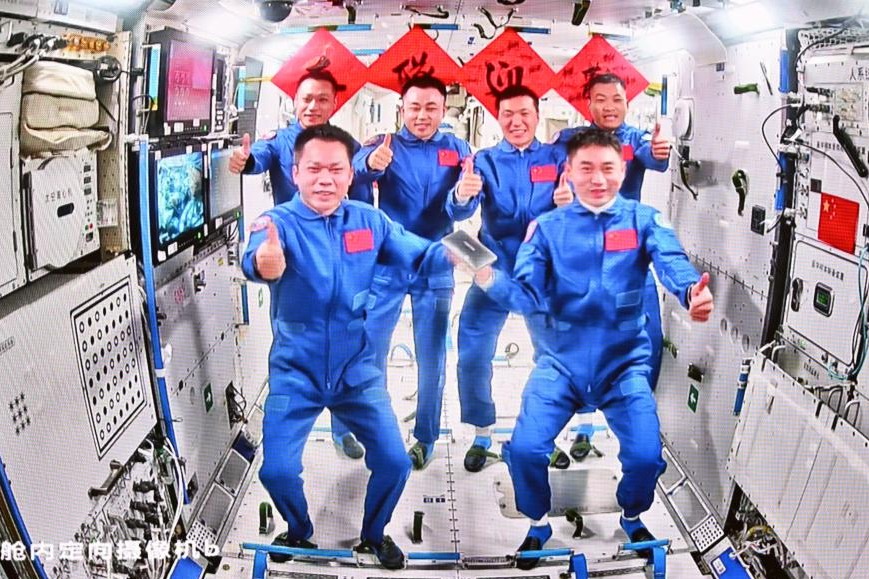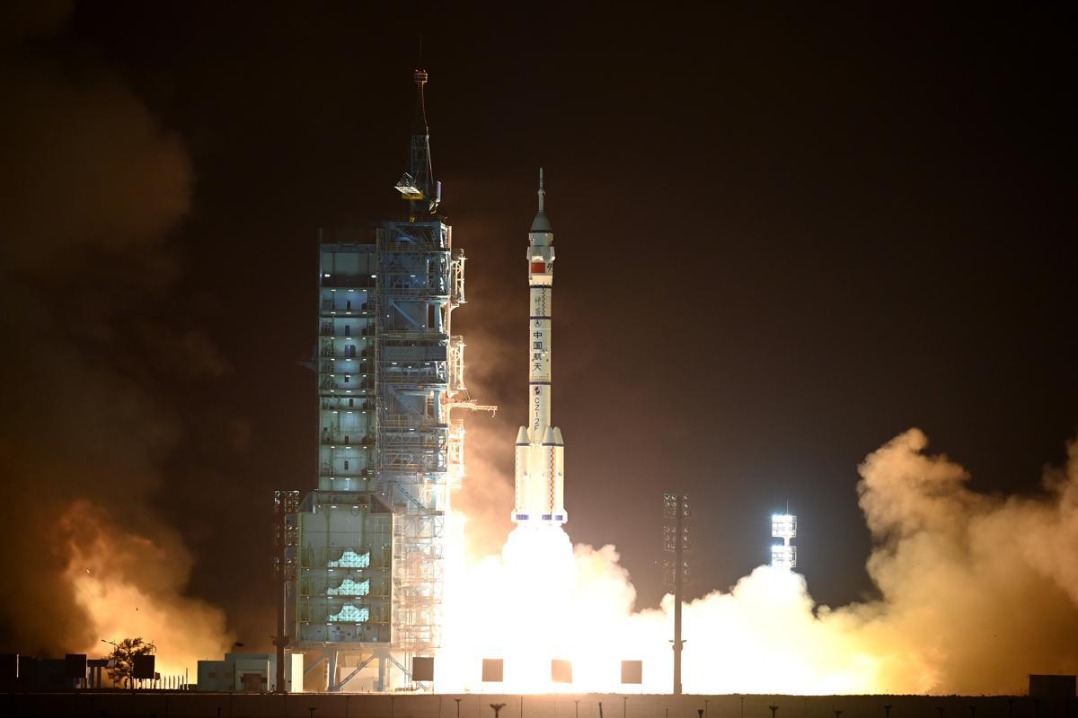Planned video talk by China, US spurs hope
By ZHAO HUANXIN in Washington | China Daily Global | Updated: 2021-11-05 10:51

The first video conference between US and Chinese leaders, scheduled for this month or next, will likely build up confidence for the two countries to cooperate on transnational issues, a former senior US official has said.
"I think it's encouraging that you've seen a reengagement at high levels in serious conversations. It's dangerous when you don't talk to each other; misunderstandings and misconstruing things is a real risk, when you're not in close contact," said Jacob Lew, US treasury secretary from 2013 to 2017.
Lew made the remarks at an online discussion Tuesday hosted by Chatham House, an international affairs think tank headquartered in London. The video of the discussion was released Thursday.
Since March, senior diplomats from Washington and Beijing have held meetings in Anchorage, Alaska; Tianjin, China; Zurich and Rome.
The engagement will be culminated with a first virtual meeting between President Xi Jinping and US President Joe Biden before the end of this year, both sides have announced. The two heads of state have had two phone conversations this year.
Lew said it was "very good" that Biden and Xi are going to be talking one-on-one, though there might not be an "instant breakthrough" from the video conference.
Lew recalled that he was in rooms with Biden, when he met Xi, and both were vice-president at the time.
The fact that the two know each other for a long time makes a difference, according to Lew.
"Perhaps we'll open a space for some closer dialogue. And if it leads to better cooperation on some of these transnational issues, I actually think that's the way that you're going to start to rebuild some confidence in the ability to work together," he said.
Lew, now visiting professor with the School of International and Public Affairs, Columbia University, noted that "we had a lot to show for engagement" with China.
He argued that economic statecraft works well if it is tied to a diplomatic strategy and engagement.
For example, when he was in the Obama administration, Lew said the US side decided that in order for the then-Paris COP (Conference of the Parties) talks to be successful, it was critical to have China with the United States.
"We invested a great deal of energy into working with China to reach an agreement, which made it very difficult for other countries like India, not to be part of it," he said. "And Paris (agreement), I think, was far more successful because the United States and China were there together."
But the US exited the Paris Agreement during the Trump administration.
That withdrawal has cost the world nearly five years in its multilateral process to tackle climate change, said Xie Zhenhua, China's special envoy for climate change, Tuesday on the sidelines of the ongoing 26th session of the Conference of the Parties (COP26) to the UN Framework Convention on Climate Change in Glasgow, Scotland.
Lew added that the two sides working together doesn't mean the two agree with each other on everything, "but we could walk and chew gum at the same time", figuring out how to balance the critical importance of working together on the climate issue with issues like exchange rates and steel excess capacity.
"Did we get climate to a better place? Yes. On sanctions, did we get China to cooperate with US on Iran sanctions? Yes, we had a lot to show for engagement," he said.
Lew said sanctions fundamentally are a way of using economic power to compel another sovereign to change its policy.
"I think it's a mistake to think about sanctions as a regime-change tool, you know, we have blockaded Cuba for going on 60 years, it hasn't had that effect of changing the government in Cuba," he said.
During the discussion, Lew said a strategy that is about "projecting the strength" of the United States by investing at home will succeed much more effectively than a strategy that is "designed to stop China".
"Truth is the world needs a strong United States, and it needs a strong China economically. We're the two engines of the global economy. And I think the idea that you have to make an either-or choice is not practical in the global world," Lew said.
























